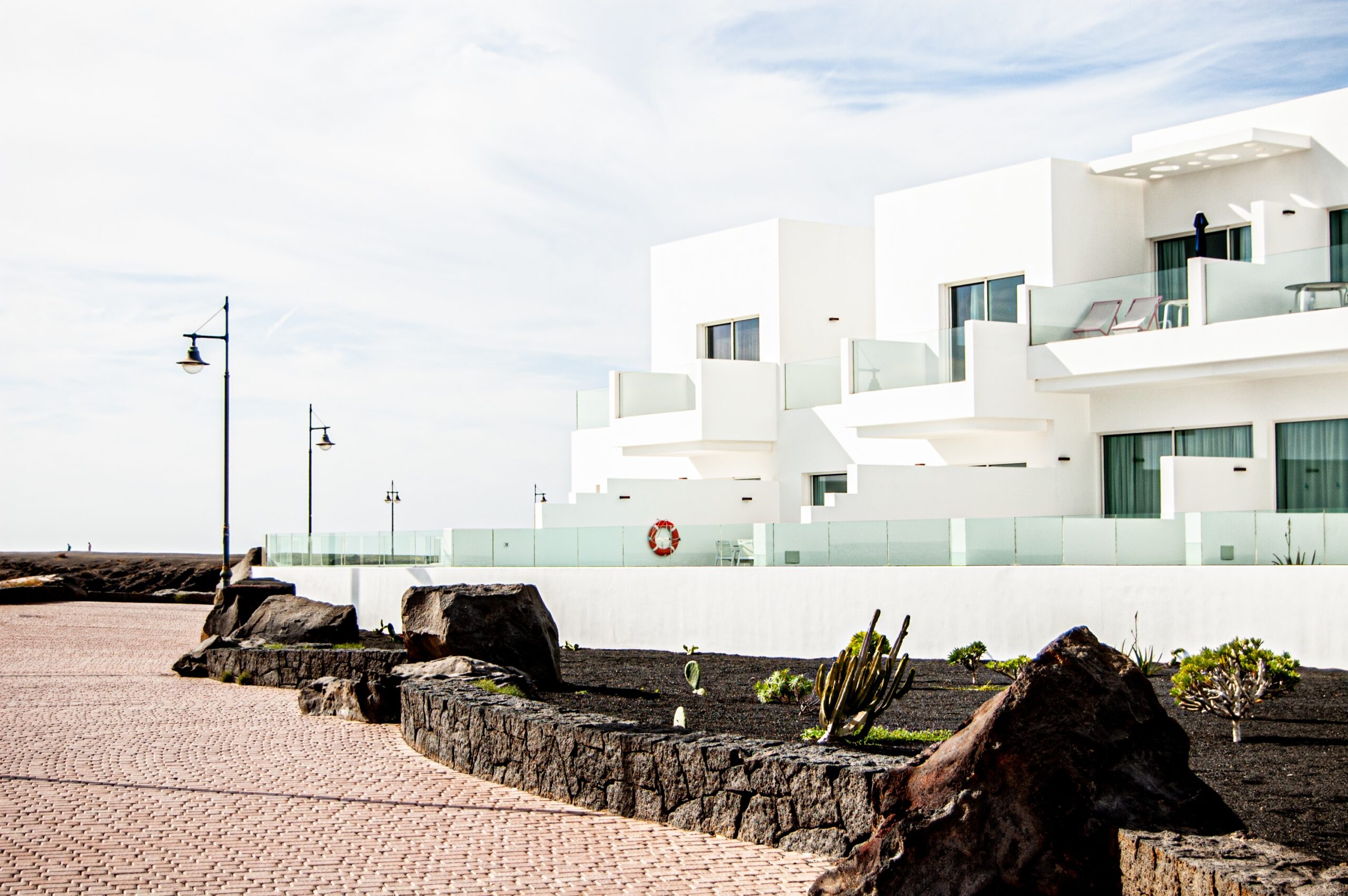Regulations: Slowing Down in Spain, Accelerating in Dubai
In Spain, rules for short-term holiday rentals are becoming increasingly strict. In many regions, the number of permits is limited and a maximum number of rental days per year is imposed. Major cities such as Barcelona and Palma de Mallorca actively restrict the expansion of short-stay rentals to combat over-tourism. This often results in longer procedures, higher compliance costs, and more uncertainty for investors.
On the Balearic Islands, including Ibiza and Mallorca, regulations are even stricter. In some municipalities, the issuance of new tourist licenses has been temporarily halted, and existing licenses are closely monitored. This creates longer procedures, higher compliance costs, and increased uncertainty for investors.
Dubai takes the opposite approach. The government actively encourages professional short-stay rentals and makes the rules clear and predictable. With a valid DTCM license, investors can rent out properties as long as they meet the established standards. Regulations and fees are transparent and communicated in a timely manner, which provides confidence for foreign investors.



